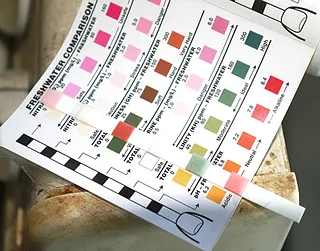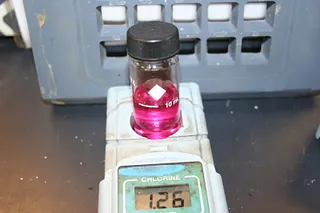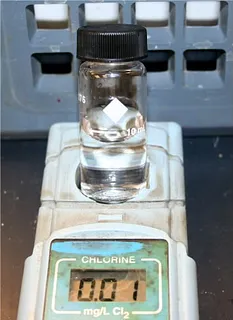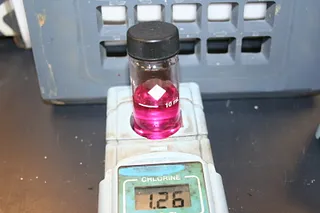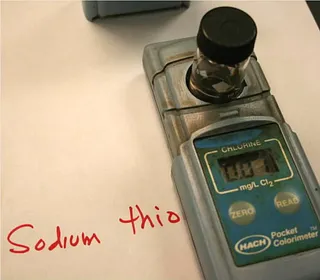Saw someone post this on fb saying they used it to filter water to use for their aquariums. I don't see anywhere it specifically saying it removes chlorine, chloramine, etc. Anyone knowledgeable able to give me any feedback on this filter and if the water it produces is or is not as safe as seachem primed tap water?
CLEAR2O RV & Marine Inline Water Filter - Provides clear, fresh-tasting water when camping. https://www.walmart.com/ip/269825607
CLEAR2O RV & Marine Inline Water Filter - Provides clear, fresh-tasting water when camping. https://www.walmart.com/ip/269825607



